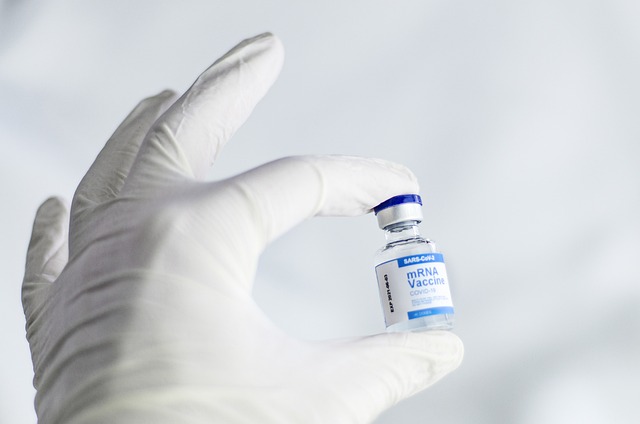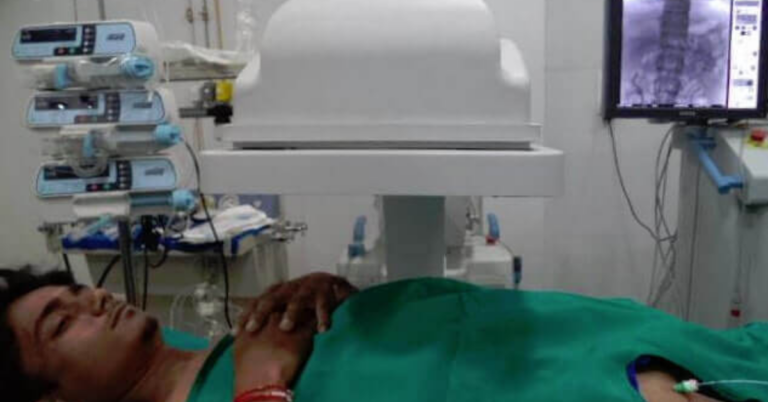Advancements in Retinal Prosthetics: Restoring Vision for Retinal Diseases
The retina is a vital part of the eye responsible for converting light into signals that get sent to the brain, allowing us to see. There are various diseases that can affect the retina, leading to vision impairment or loss. These conditions can be caused by factors such as genetics, age-related changes, or underlying health issues.
Common retinal diseases include age-related macular degeneration (AMD), diabetic retinopathy, retinal detachment, and retinitis pigmentosa. Each of these conditions can impact visual acuity and overall eye health in different ways. It is crucial for individuals to be aware of these diseases and their symptoms so that they can seek timely medical attention and appropriate treatment to preserve their vision.
– Age-related macular degeneration (AMD)
– Diabetic retinopathy
– Retinal detachment
– Retinitis pigmentosa
These diseases can lead to symptoms such as blurred vision, floaters, flashes of light, and even complete loss of vision if left untreated. Regular eye exams and early detection are key in managing these conditions effectively. Treatment options may include medication, laser therapy, or surgery depending on the severity of the disease. It is important for individuals at risk for retinal diseases to maintain a healthy lifestyle, manage any underlying health conditions such as diabetes, and protect their eyes from injury or excessive UV exposure. By taking proactive steps to care for their eyes, individuals can reduce their risk of developing serious retinal diseases and preserve their vision for years to come.
Current Treatment Options
Treatment options for retinal diseases vary depending on the specific condition and severity of the disease. Some common approaches include anti-VEGF injections, laser therapy, and corticosteroid injections. These treatments aim to reduce inflammation, control abnormal blood vessel growth, and manage symptoms such as vision loss and distortion.
In some cases, surgical interventions may be necessary, such as vitrectomy or retinal detachment repair. These procedures are more invasive but can be crucial in saving or restoring vision for patients with advanced retinal diseases. It is essential for healthcare providers to tailor the treatment plan to each individual’s needs and monitor the progress closely to achieve the best possible outcomes.
Challenges in Restoring Vision
Restoring vision in individuals affected by retinal diseases poses a significant challenge in the field of ophthalmology. One major hurdle is the complexity of the human eye and the intricacies of its structure, which make it difficult to precisely target and repair specific retinal cells or tissues. Additionally, the limited regenerative capacity of the retina further complicates efforts to restore vision effectively.
Moreover, the variability in the presentation and progression of different retinal diseases adds another layer of complexity. Individuals with the same retinal condition may exhibit varying degrees of vision loss and response to treatment, making it challenging to develop universal approaches for restoring vision. Furthermore, the lack of standardized protocols and treatments for many retinal diseases complicates the process of developing effective strategies for vision restoration.
What are some common retinal diseases that can lead to vision loss?
Some common retinal diseases include age-related macular degeneration, diabetic retinopathy, retinitis pigmentosa, and macular edema.
What are the current treatment options for retinal diseases?
Current treatment options for retinal diseases include medications, laser therapy, injections, and surgical procedures such as vitrectomy.
What are some of the challenges in restoring vision for individuals with retinal diseases?
Some challenges in restoring vision for individuals with retinal diseases include the complexity of the eye structure, limited availability of treatment options, and the progressive nature of certain retinal diseases.
Is vision restoration possible for all individuals with retinal diseases?
Vision restoration may not be possible for all individuals with retinal diseases, as the success of treatment depends on various factors such as the severity of the disease, individual response to treatment, and underlying health conditions.







